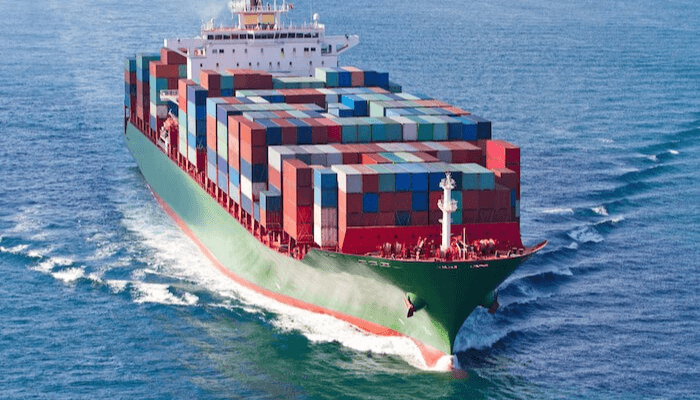Shipowners now have to pay about 1% of a ship’s value if they want to pass through the Red Sea, said Marcus Baker, global head of marine cargo and logistics at Marsh McLennan, the world’s largest insurance broker. That’s up from 0.2% to 0.3% in recent months, a period when there had been a lull in attacks
The cost of insuring commercial ships that sail past Yemen’s Houthi militants surged after the rebels sank two ships and killed sailors this week, underscoring how the attacks have revived risk in the crucial waterway.
Shipowners now have to pay about 1% of a ship’s value if they want to pass through the Red Sea, said Marcus Baker, global head of marine cargo and logistics at Marsh McLennan, the world’s largest insurance broker. That’s up from 0.2% to 0.3% in recent months, a period when there had been a lull in attacks.
The rapidly rising war-risk rates, which had come from lower levels during a lull in attacks in recent months, reflect underwriters’ concerns that the dangers on the route that links Europe with Asia have now returned to levels last seen about a year ago.
The rates, extra charges paid by shipowners or charterers to insurers when they decide to sail through risky areas, are likely to increase costs for the few ships that are still sailing through the Red Sea. Those that avoid the region have to add thousands of miles more on their route around Africa instead.
John Cotzias, founding partner of Greece’s Xclusiv Shipbrokers, said underwriters and shipowners have seen a similar jump from around 0.4% to about 1% now.
The militant group started targeting ships off the Yemeni coast in November 2023 in what it said was a response to Israel’s war in Gaza. Ships with associations to the US, UK or Israel or those that have been targeted by the Houthis previously now face higher costs, Baker said.
Earlier, during the week, Houthi attacks in the Red Sea left three crew members dead and sank two cargo vessels in a fresh wave of assaults by the Tehran-backed group along the crucial maritime trade route.
Liberian-flagged MV Eternity C sank on Wednesday after sustaining “significant damage” and had lost all propulsion, the UK Maritime Trade Operations, a liaison between the UK Navy and commercial shipping, said. The Houthis claimed responsibility.
US officials said some surviving crew has been kidnapped. “After killing their shipmates, sinking their ship, and hampering rescue efforts, the Houthi terrorists have kidnapped many surviving crew members of the Eternity C,” the US Embassy in Yemen said in a statement, calling for the sailors’ immediate and unconditional release. The Houthi group earlier said it rescued a number of the ship’s crew members, provided them with medical care and transported them to a safe location.
The vessel was a bulk carrier carrying grains to Somalia for the World Food Programme, and was targeted Monday after completing the trip. The attack represents one of the deadliest carried out by the militant group since it began targeting commercial vessels in the Red Sea in 2023 over Israel’s war on Iran-backed Hamas in Gaza.
The assaults are also the first Houthi attacks on vessels in the maritime region since late last year and come just weeks after Israel’s military confrontation with Iran and as the Jewish state’s war on Hamas is still raging.
The violence could add to the anxieties of crews being asked to sail through the Red Sea, an unavoidable area when using Egypt’s Suez Canal to cut between Asia and Europe. If the attacks worsen, the violence could boost oil prices, freight rates and insurance costs as it snarls supply chains.
On Sunday, the Houthis used missiles, rocket-propelled grenades and gunfire to target another Liberian-flagged vessel, called Magic Seas, the UKMTO said. The Houthis, in a televised statement, claimed responsibility for the assault on that vessel, an Ultramax owned by Greece’s Stem Shipping. Twenty-two individuals on board were rescued, the United Arab Emirates said.
That vessel has also sunk, US officials said on Wednesday.
Bloomberg

